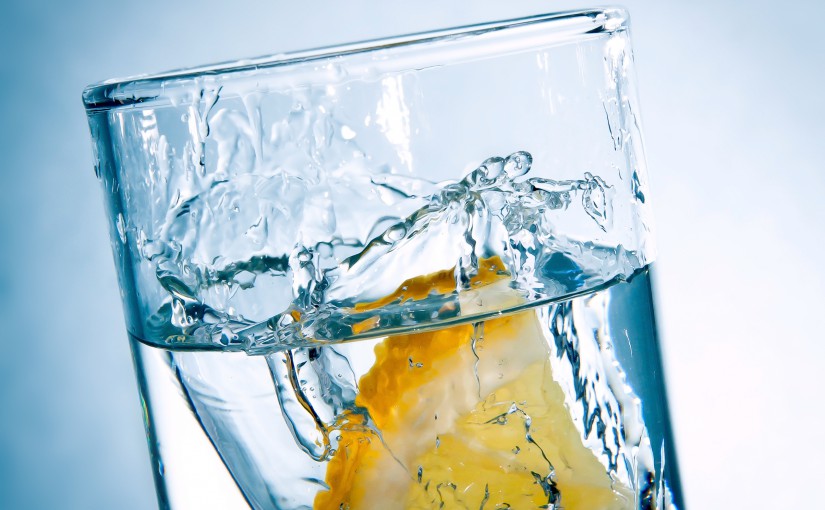Water does a lot of work behind the scenes, beyond quenching our thirst. H2O is an integral part of our lives with more than half of our body made up of it and with our body constantly craving water in our diets.
While we know that we need water to prevent dehydration, it helps our body in many ways that many people might not realize.
Read on about all the other amazing ways water assists our body’s functionality and this might encourage you to reach for another glass from your water cooler!
Healthy skin
If your skin’s radiance and elasticity is important to you, then you’ll be glad to hear that water is a simple solution to help maintain its appearance. Thirty per cent of your skin is made up of water and by regularly replenishing your body’s water balance, you’re also improving your skin’s thickness and density. Since your skin is an organ, which is made up of cells, these cells need water to function. If it doesn’t receive enough, your skin will become dry and flaky, which is also more likely to wrinkle.
If you have acne, it’s been reported that drinking enough water helps clear your skin overtime, but don’t expect results overnight.
Healthy skin goes beyond appearances and your epidermis helps protect your body’s organs and tissues from harm’s way. But since water reaches your skin last, you should use other moisturizers right after a bath or shower to keep your skin well hydrated.
Weight loss
Obesity is a worldwide epidemic with many people around the world diagnosed with underlying conditions caused by obesity. Water can help you in your quest to lose weight since it’s an inexpensive beverage that has no calories, but is still able to keep you satiated. Within an hour of drinking a glass of water, your body’s metabolism produces more heat and you expel more calories. (Also, by refilling your water bottle, you’re reducing your environmental footprint.)
A study in Germany found that if water’s importance was taught at schools and filtered water was available to children, they increased their water intake by 220 mL per day, which also reduced the risk of obesity by 31 per cent. The year-long study showed that it’s crucial for water to be offered at schools as a healthy habit for children to adopt when they’re younger.
Shock absorption
When you go running and your feet hit the pavement, your body functions in a way that absorbs the impact of the force. This is done with the help your cartilage, which is primarily made up of water and proteins that are found at the end of your bones. When your joints move, your cartilage adapts its shape, reduces the friction and absorbs the impact, which can only be done properly due to its high water content. When you’re younger, your cartilage is made up of about 85 per cent water and as you age, this can drop down to about 70 per cent. If your cartilage has lost most of its water content, your joints can absorb less shock and this can lead to conditions such as osteoarthritis. Once your body loses the molecules which keeps a high volume of water within the cartilage, the water can’t be replenished once it’s lost.
